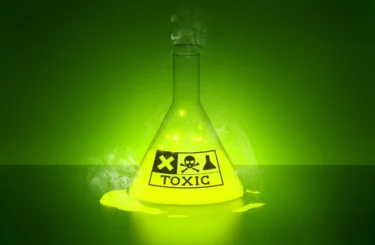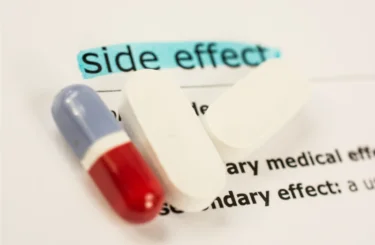Who’s Responsible in a Multi-Car Crash?
We’ve all seen the pictures. The damages and injuries in a multi-vehicle accident are typically more severe than in a single or two-car accident, and sometimes with tragic consequences. And while only one driver may have caused the crash, multiple parties – including people who weren’t behind the wheel – can be liable for injuries and damages.
The first step in determining the cause and establishing fault in a multiple car accident requires a careful investigation of the accident scene. The police or an insurance adjuster generally handle this, gathering pertinent facts and information through:
- Eyewitness accounts
- Police reports and driving records
- Evidence at the accident scene (skid marks, debris)
- External data (reports of weather or traffic conditions)
- Damage to the vehicles and property involved in the accident
These factors are critical for determining liability given the differences between two-car and multiple-car collisions. Let’s compare:
- Two-Car Accident – Driver A rear ends Driver B: Driver A would presumably be held responsible for causing the accident by failing to stop and following at an unsafe distance.
- Three-Car Accident – Driver A rear ends Driver B, Driver B Collides with Driver C: If after being struck from behind by Driver A, Driver B’s vehicle then runs into Driver C’s car, Driver B could also be partially responsible for also following too closely and failing to stop. This would also be true if Driver C’s car subsequently rear-ends Driver D’s truck and so on. Although Driver A initiated the chain reaction and is ultimately responsible, the other drivers could share in the responsibility and therefore be held liable for any injuries or damages.
If you are involved an auto accident, regardless who is at fault, it is important to keep a few tips in mind:
- First, stay in your car! The chance of a subsequent impact is increased when more than two vehicles are involved.
- Put on your hazards to alert other motorists and first-responders.
- If possible, take a breath and try to gather your thoughts about the series of events that precipitated the accident.
- Call 911 to have a police officer dispatched to the scene.
- Notify your insurance carrier or agent immediately.
The attorneys in Sommers Schwartz’s Personal Injury Litigation Group have experience in automobile, motorcycle, trucking, and other motor-vehicle-related cases. We’ve helped clients recover the damages to which they are entitled and can help you, too!
Andy Dragovic
Andy Dragovic is a member of Sommers Schwartz's Personal Injury and Medical Malpractice Groups. His practice is 100% dedicated to helping victims get compensation for their injuries and losses.





